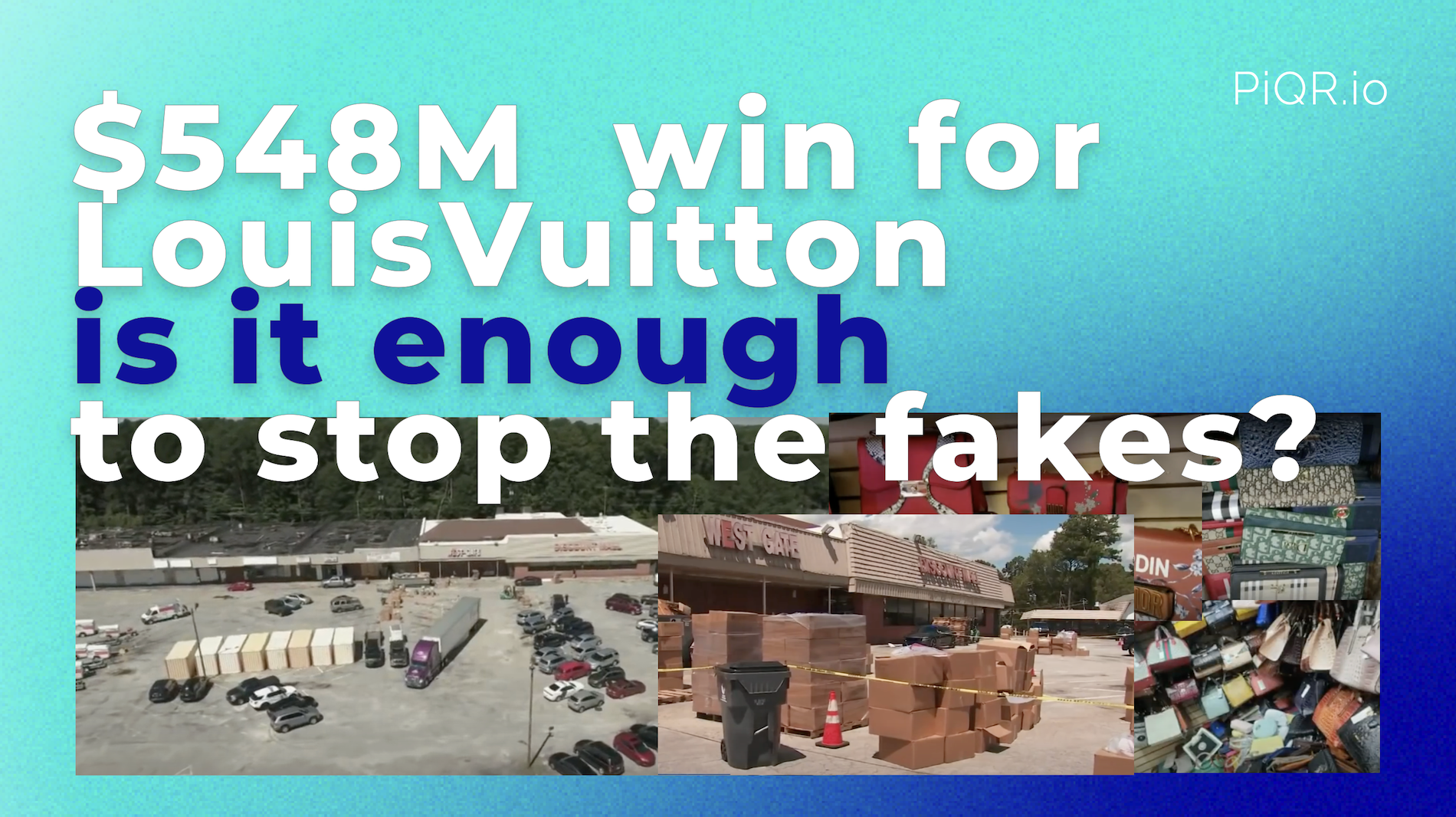"THE" NEW PRECEDENT AGAINST FAKES - New York’s Jurisdiction Rulling Over International E-commerce: American Girl 🇺🇸 vs. 🇨🇳 China E-Commerce Giants
- 17th. September 2024, NewYork, USA 🇺🇸
New York Court Ruling Defends Brands Against E-commerce Counterfeiters: A Victory for Authenticity
In a major win for legitimate brands and a blow to counterfeiters, the U.S. Court of Appeals for the Second Circuit has expanded New York's legal reach over international e-commerce platforms selling fake goods. This landmark case arose from American Girl LLC’s fight against Zembrka, a China-based company accused of flooding the market with counterfeit American Girl dolls.
Brands vs. E-commerce Giants: The Battle for Authenticity
The growing issue of counterfeit goods on international e-commerce platforms has caused significant harm to trusted brands. In this case, American Girl discovered that Zembrka was using pictures of their authentic products to sell fakes to unsuspecting customers in the U.S. Even worse, customers couldn’t tell the difference from the images alone, making it impossible to spot the counterfeit listings.
The court’s ruling against Zembrka sends a clear message: counterfeiters can’t hide behind their screens. By accepting orders, processing payments, and confirming sales—even if the orders were later refunded—Zembrka had “transacted business” in New York, making them subject to U.S. jurisdiction.
The Backstory: American Girl vs. Zembrka
In March 2021, American Girl LLC filed a lawsuit alleging that Zembrka sold counterfeit American Girl dolls to U.S. customers. The products in question were sold on interactive websites, where customers could input their payment details and receive order confirmations. Although no goods were ever shipped, and payments were refunded, American Girl argued that Zembrka had still engaged in illegal counterfeit activity.
Interestingly, the counterfeiters were using high-quality images of the original American Girl products, which made it nearly impossible for consumers to distinguish the fake listings from legitimate ones. This is a common tactic in online counterfeit sales, where fake products are advertised with authentic-looking images, misleading customers into believing they’re purchasing the real deal.

The Appeal: American Girl’s Next Move
After the district court initially dismissed the case on the grounds that no goods were shipped, American Girl appealed the decision to the Second Circuit. Their argument was that Zembrka’s website was highly interactive, allowing customers to complete transactions even though the goods were never delivered. They contended that simply accepting orders and payments should be enough to establish personal jurisdiction in New York.
American Girl further highlighted that Zembrka’s use of interactive e-commerce platforms meant they were actively conducting business with New York residents, despite claiming no physical products were delivered. The Second Circuit agreed with this interpretation and reversed the district court’s decision, emphasizing that a transaction doesn’t have to be completed to establish jurisdiction—merely initiating it is enough.
A New Legal Standard for E-commerce
The Second Circuit’s ruling sets a new precedent for how e-commerce transactions are evaluated in terms of jurisdiction. The court clarified that even virtual interactions, such as confirming orders or processing payments, can qualify as “transacting business.” This opens the door for more lawsuits against foreign companies operating in the U.S. market, even if their business activities are entirely digital and virtual.
For companies engaged in international e-commerce, this ruling underscores the importance of having robust systems in place to ensure that all aspects of their transactions comply with U.S. law. Additionally, it highlights the growing need for authentication solutions like PiQR’s copy-protected QR codes to combat the increasing problem of counterfeit products flooding online markets.
Key Takeaways for E-commerce Companies
- Interactivity Equals Jurisdiction: Websites that allow customers to input payment information, place orders, and receive confirmation emails could be enough to establish personal jurisdiction in New York—even if the transactions are incomplete. Highly interactive websites are particularly at risk of falling under this jurisdiction.
- Incomplete Transactions Still Matter: The Second Circuit has made it clear that even if orders are refunded and products are not shipped, the initiation of a transaction can be sufficient grounds for jurisdiction. This expands the legal obligations of foreign companies doing business in the U.S.
- Protect Your Brand with Authentication Technology: The use of copy-protected QR codes, such as those offered by PiQR, is becoming increasingly essential for combating counterfeit products. As counterfeiters continue to use high-quality images of original products, solutions like PiQR’s authentication technology provide a secure, verifiable way for all the stakeholders, but also consumers to ensure they are buying genuine goods.
- Prepare for Legal Exposure: Foreign companies that operate in the U.S. market—even virtually—should review their e-commerce practices to ensure they are not exposing themselves to legal risks. Implementing authentication solutions and ensuring compliance with U.S. laws can help mitigate these risks.
Conclusion: The Battle for Authenticity Continues
The Second Circuit’s ruling against Zembrka is a significant victory for legitimate brands everywhere, setting a precedent that protects businesses from the growing threat of counterfeits. This case highlights the importance of robust anti-counterfeiting measures and the legal recognition that e-commerce platforms must be held accountable for selling fake goods.
For international companies selling online, this ruling is a reminder that even virtual interactions can create legal obligations, and that advanced anti-counterfeiting solutions are more critical than ever in today’s digital marketplace.
This whole situation also highlights the importance of establishing clear, secure authentication methods for product—such as copy-protected QR codes—to protect both businesses and consumers from the growing threat of counterfeit goods, where the counterfeits and their promotion materials, are visually indistinguishable from the original.
Stay compliant. Stay protected. Stay ahead of counterfeiters with PiQR.
As this case shows, the counterfeit market is becoming increasingly sophisticated, especially in the digital realm. One solution that could prevent these kinds of issues in the future is the use of copy-protected QR codes, such as those offered by PiQR. By embedding unique, encrypted codes on product packaging and items themselves, brands can provide customers with a simple way to authenticate their purchases.
With PiQR, consumers would be able to scan the product’s QR code, confirming its authenticity in real time before completing their purchase. This technology would prevent counterfeiters from using original product images to deceive customers, as only products with the genuine QR code could be authenticated. As we move deeper into the digital age, technologies like PiQR’s copy-protected QR codes will become indispensable in the fight against online counterfeiting.
Source: Original Case: Case 21-1381, Document 114-1, 09/17/2024, 3634105,
#EcommerceLaw #AntiCounterfeiting #PiQR #AmericanGirl #Jurisdiction #QRcodes #BrandProtection #OnlineBusiness #ZembrkaCase #LegalUpdate




